Why I’m Crazy about Veganism
Vegans are stereotyped as undernourished, protein deficient, food shamers. They are viewed as crazy people who take their lifestyles to the extreme. When I decided to be vegan a year ago, I expected there to be the occasional reaction to something most people see as odd. What I didn’t expect was to be shamed myself. Now that I’ve been vegan for a year, I can tell you I’ve never been shamed more frequently about anything in my life.
Not once this year have I ridiculed someone for what they have eaten.
Vegans live this lifestyle to benefit the animals and the earth. Period. We care about the effect that we leave on this world and do our best to only leave positive remnants. I’ve gotten the comment that “one person being vegan won’t change anything.” All I have to say to that is, check your facts.
I’ll prove this to you by stealing a couple sentences from Barbara J. King’s article, “Does Being Vegan Really Help Animals?” where King addresses that,
When it comes to our earth, animals play an enormous role in global warming, pollution, and deforestation. No, I’m not saying that we need to have an animal genocide and get rid of them. I’m saying that, if there was less of a demand for animals like cows and chickens, then artificial insemination in farms would be a thing of the past.
No artificial insemination means no overpopulation of unnecessary animals. This will then have a domino effect. Fewer animals means fewer farms, fewer farms means less air pollution and a decrease in the amount of deforestation that would usually occur to have a space to raise the animals.
Therefore, the majority of animals on our earth would come from natural conception and birth. Nothing forced. This would result in a much smaller population of these animals leading to less destruction of our eco-system. As FAO: Livestock’s Long Shadow — Environmental Issues and Options explains much better than I, “According to the Food and Agriculture Organization of the United Nations (FAO) agriculture is responsible for 18% of the total release of greenhouse gases world-wide.” This is more than the whole transportation sector.
Cattle-breeding is a major contributor these greenhouse gas emissions, according to FAO. Additionally, says Henning Steinfeld, Chief of FAO’s Livestock Information and Policy Branch and senior author of the report: “Cattle is rs to today’s most serious environmental problems. Urgent action is required to remedy the situation.”
Livestock now uses 30 percent of the earth’s entire land surface, mostly permanent pasture, but also 33 percent of the global arable land is used to produce feed for livestock, the report notes. This is space that could be used for schools, homes, parks, and other recreational areas. As forests are cleared to create new pastures, it is a major driver of deforestation, especially in Latin America where, for example, “some 70 percent of former forests in the Amazon have been turned over to grazing.”
Another belief that I would like to address is that “drinking milk and eating eggs causes no harm to these animals.” I’ll show you why this myth is a bust.
Milk, which can easily be replaced in a diet in multiple different ways (including options that even take the place of cheese for you gooey cheese lovers) like with SILK almond, cashew, rice or soy milk and delicious Daiya cheese that comes in American, Pepper jack, Swiss, and Mozzarella flavor. Female cows raised for milk production are kept in stalls that usually have around 4 inches of moving space all around. They are milked until their udders actually start to produce blood and puss and become infected which is definitely not comfortable for the cows.
In the article, “Cow’s Milk: A Cruel and Unhealthy Product,” PETA uncovers that “if you drink milk, you’re subsidizing the veal industry. While female calves are slaughtered or kept alive to produce milk, male calves are often taken away from their mothers when they are as young as 1 day old to be chained in tiny stalls for three to 18 weeks and raised for veal.” This proves that just drinking milk is a destructive and harmful decision.
Let me put in perspective for you what these hens experience with a quote (yes, another quote; it’s the best way to provide facts without rewording something someone has already written perfectly free for my use; it also displays that this is not just my opinion – it’s how one proves one’s argument) “Eggs: What are you really eating?” by Ashley Capps.
If you made it to this point in my article I thank you, you have just read an eighth of the things that go through my mind when I receive comments on my veganism. You have now observed and realized exactly why I feel such pain for these beautiful animals and why I choose the “extreme” diet over the norm.
I don’t expect anyone reading this to suddenly change their minds and turn vegan or even vegetarian. What I really hope to spread is an understanding of vegan ways, so maybe, in the future, when a vegan crosses your path, don’t judge them. Let that person know that you see what they’re doing and why, even if you don’t agree that it’s the best option for your own life. If a couple more people understand the cause after this article, then I will laugh along with the jokes and heck, I might even make some. Understanding, support, and a spread of word is all I ask for people.
Disclaimer: The preceding is an opinion piece. The views and opinions expressed are those of the student author and not those of the Ledger Staff or Heritage High School.

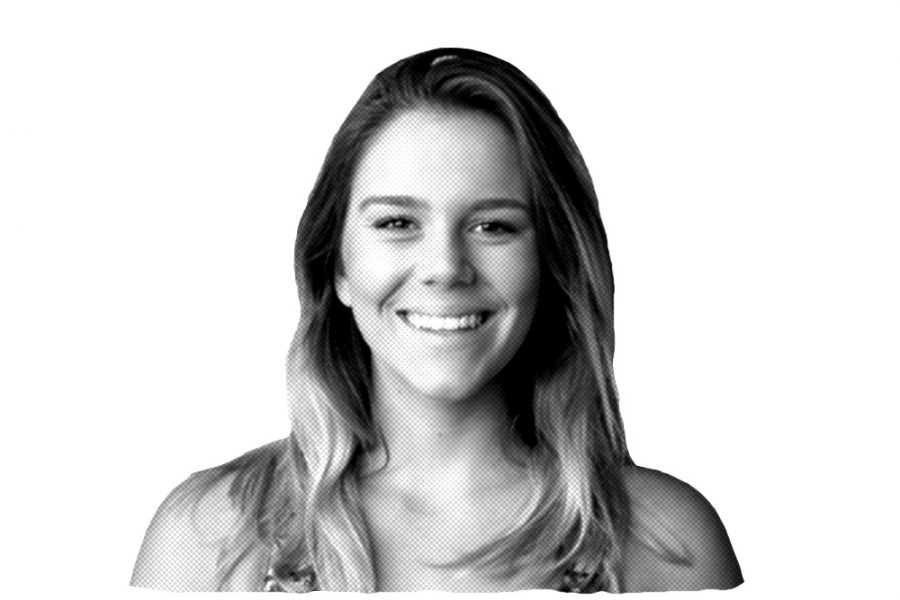



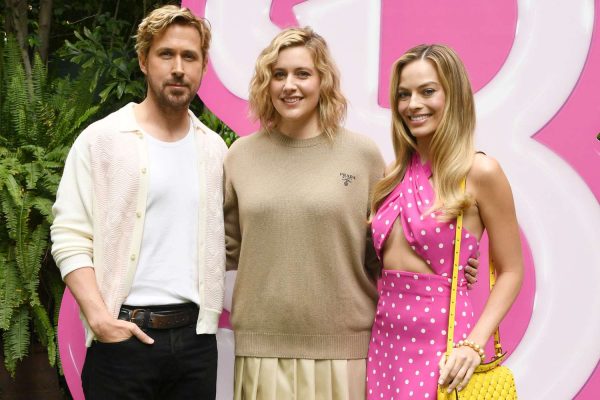
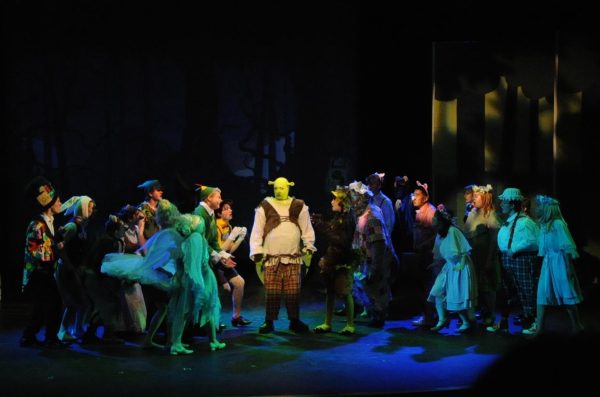
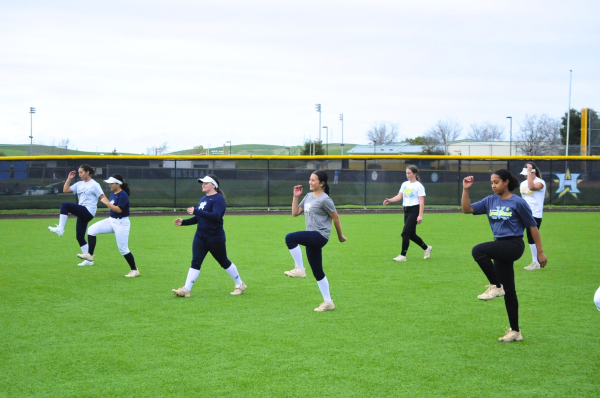
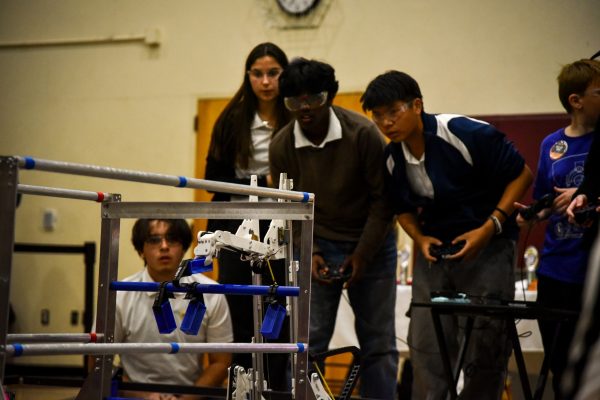

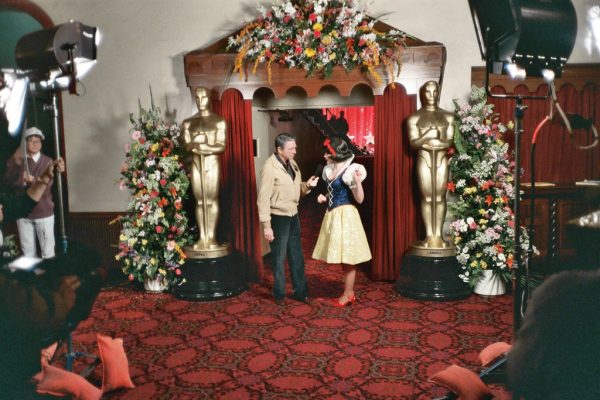
Tavia Eckhart • Oct 20, 2016 at 2:00 pm
Go Bryna! I know the guys joke about it all the time and you are so cool about I’m glad that you do your research and stand up for what you belive. Love Tavia
Kyler Loerbs • Oct 20, 2016 at 9:29 am
Even though I am not a vegan i really enjoyed reading your article.